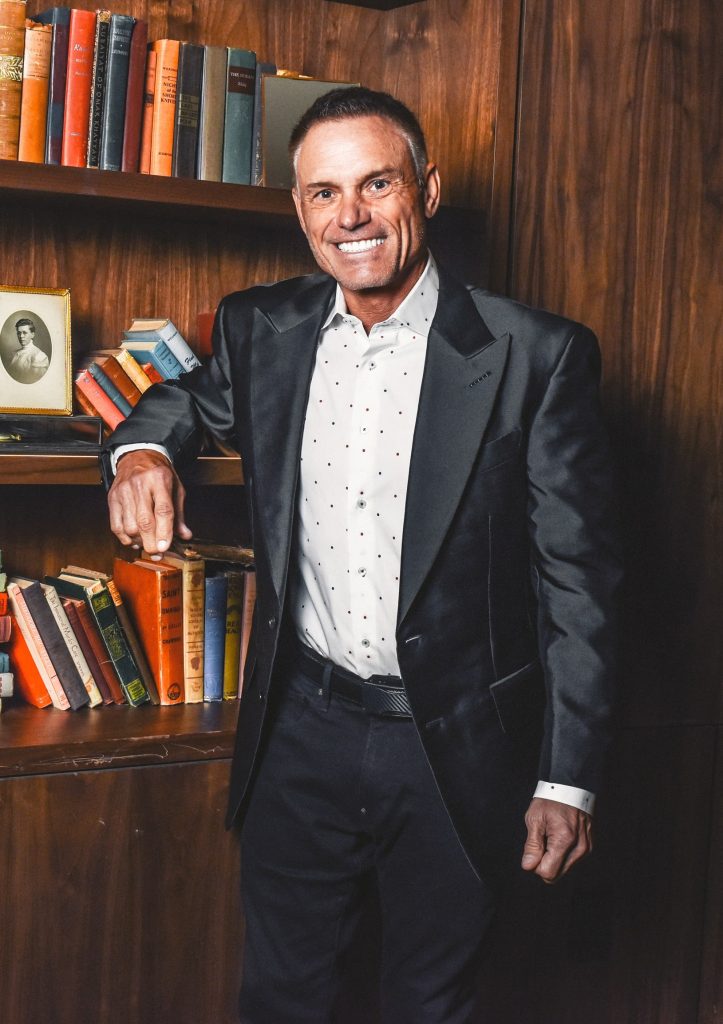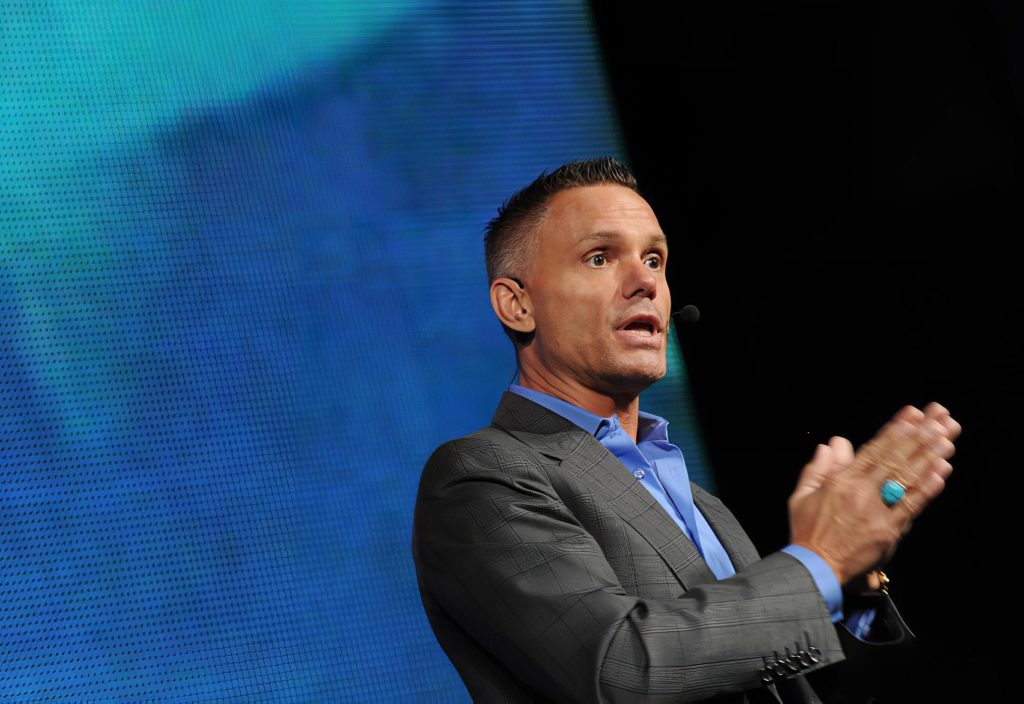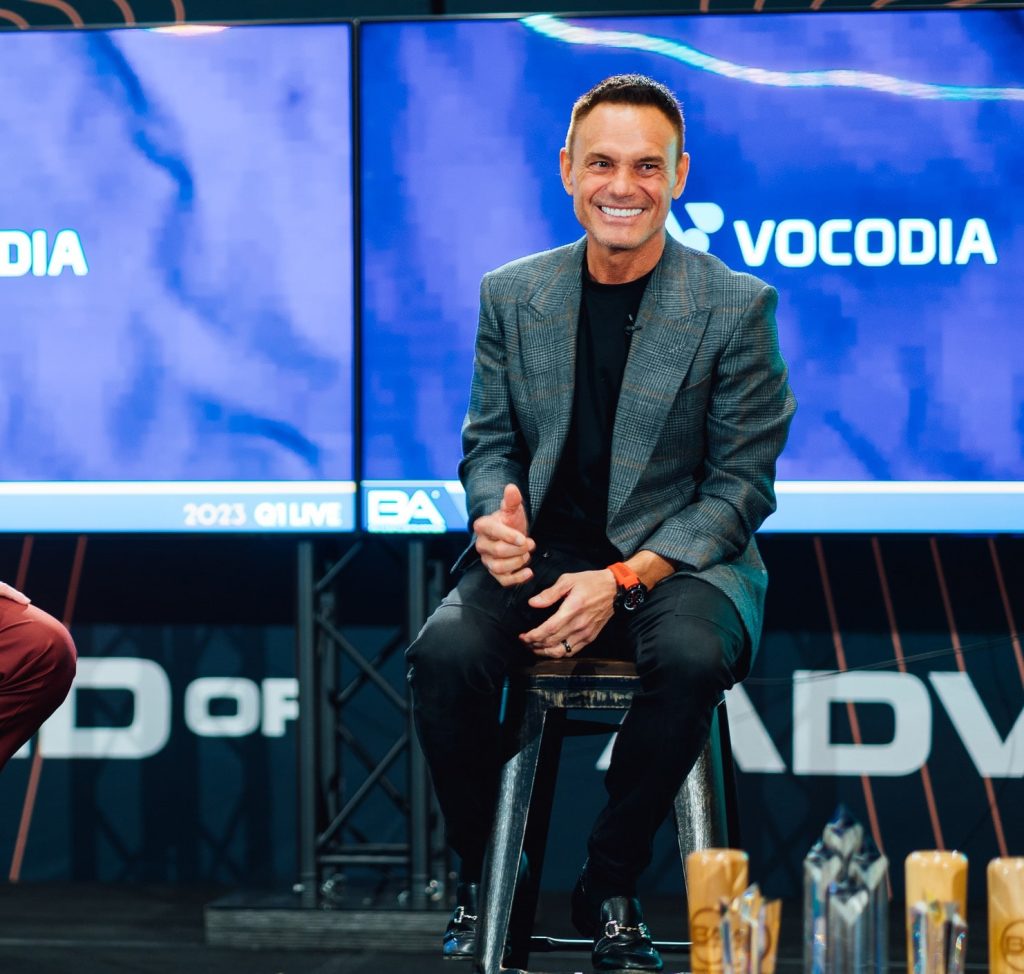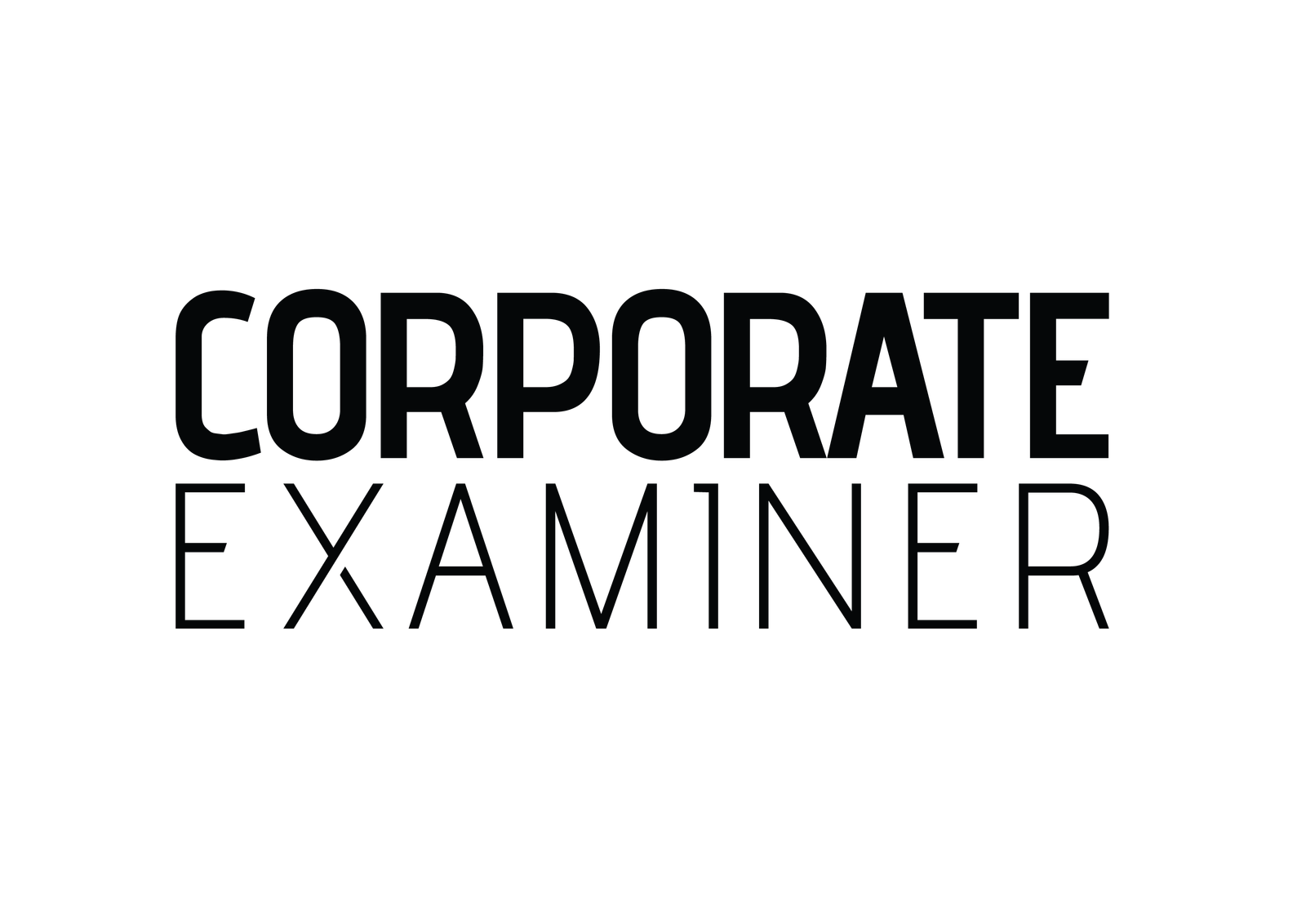“The presence of a personal brand significantly enhanced the value proposition of any new relationship we forged, adding depth and traction to our endeavors.”
Kevin Harrington
In today’s business world, where opportunities are abundant and competition is intense, personal branding has become more than just a buzzword. It has become a crucial strategy for achieving success.
With the rise of digital technologies and increased connectivity, entrepreneurs across industries, both established and aspiring, are being pushed to develop the ability to cultivate a compelling personal brand, which has become a non-negotiable asset for those seeking to thrive in competitive markets.
Kevin Harrington, an industry titan recognized for his strategic thinking and commitment to innovation, is spearheading this paradigm shift. In this exclusive interview, we sit down with CEO Kevin Harrington, businessman and investor, to discover the steps for accelerating success through the art of personal branding.
We will discuss practical strategies, timeless principles, and candid anecdotes that resonate with both hopeful entrepreneurs and experienced professionals.
A luminary in business and marketing, Kevin Harrington has crossed the labyrinth of success, pioneering innovative ventures and breaking conventional paradigms along the way.
As the architect behind countless lucrative companies and a key figure in the cultural phenomenon “Shark Tank,” Harrington represents the essence of personal branding: a symphony of authenticity, resilience, and passion for success.

Kevin, can you recall the specific moment or dialogue with Richard Branson that sparked your interest in personal branding? How did this encounter alter your perspective on business and entrepreneurship?
Kevin Harrington: Yeah, during my conversation with Richard Branson, he emphasized that while my ventures, such as the ‘As Seen on TV’ business, were doing great, I had overlooked the importance of developing my own brand.
He pointed out that despite successfully building brands like Tony Little, Jack LaLanne, Billy Mays, among others, I hadn’t focused on establishing my own identity.
It was a turning point for me, realizing that I was the driving force behind these brands and needed to invest in my own. Inspired by Richard Branson’s approach to writing books, creating content, and producing videos, I embarked on a journey to develop my personal brand.
This reshaped my business model, leading me to craft a comprehensive business plan centered around building and promoting my unique identity.
How has focusing on your personal brand impacted the business and ventures you’re personally involved with, compared to before your personal branding was a priority?
Kevin Harrington: Prior to establishing my personal brand, our approach relied heavily on leveraging the strengths of our skill set within the market. This involved strategic media buying and focusing on digital marketing platforms such as Facebook, Instagram, and TikTok.
However, once my personal brand began to take shape and amassed over 1 million followers across various platforms, it became a valuable asset in our marketing arsenal.
We could now integrate my personal brand into crowdfunding initiatives and endorse select products, thereby amplifying the impact of our involvement in new ventures.
The presence of a personal brand significantly enhanced the value proposition of any new relationship we forged, adding depth and traction to our endeavors.

Could you outline the concrete benefits or significant breakthroughs that your personal brand has brought, and explain how these accomplishments have influenced your outcomes and strategic approaches?
Kevin Harrington: Well, I can certainly attest to the positive impact my personal brand has had. Thirteen years ago, I was offered a compelling invitation to join a distinguished board, primarily due to my established reputation as an entrepreneur and emerging board advisor.
This opportunity arose as a result of the strategic positioning I had undertaken to redefine my professional identity.
Joing the celsius board, and serving for around 10 years contract proved to be immensely lucrative, considering the stock was valued at a mere 22 cents upon my entry, and eventually soared to over $200.
Beyond the financial gains, the experience was prestigious, as I was associated with a company that has skyrocketed from its nascent stages to over a $20 billion valuation today.
This great chance happened because I chose to build my own brand. It shows how personal branding can open doors to important opportunities.
About ‘A Day With A Shark,’ your event provides distinctive insights for entrepreneurs. Could you recount a success story from these gatherings where personal branding significantly influenced an entrepreneur’s journey?
Kevin Harrington: We had this company called Ploom Social that secured a spot at the event after meeting the qualification criteria. Upon receiving their invitation, they promptly reached out to their investors, highlighting ‘their acceptance into an event hosted by Kevin Harrington and his team.’
This opportunity helped them raise $50,000 within a mere 30 days, even before attending the event. Their participation at the event helped solidify their credibility and showcase their association with our brand, which led to securing a valuable partnership.
This instance underscores the power of leveraging brand association and how it can translate into tangible results. Many participants who attend our event may lack expertise in marketing or fundraising strategies.
At our event, we offer entrepreneurs the chance to pitch their ideas to us, and our team provides invaluable insights on raising capital, calculating customer acquisition costs, and devising strategies for scaling businesses. This holistic approach often leaves participants astounded, as they gain insights they hadn’t considered before.
After the event, we offer participants the opportunity to work directly with us as partners, where we help them implement marketing strategies, facilitate fundraising efforts, and aid in the development of their brand.
Our goal is to empower entrepreneurs to realize their full potential, and to achieve their business goals by providing them with comprehensive support.
What are the initial three actionable steps you would advise entrepreneurs to take when beginning to enhance their personal brand?
Kevin Harrington: They should start by creating a written piece that showcases their expertise. This could be a book, booklet or content piece that’s 48 to 60 pages long and serves as a lead magnet to establish their authority and credibility.
The next step is to generate video content that demonstrates their ability to engage with audiences fluently, which can help secure opportunities on TV shows. We can assist individuals with this and have helped many clients make appearances on TV shows.
Finally, after establishing their book and TV appearances, we guide entrepreneurs through the remaining steps of the plan, which typically involve running targeted ads and engaging in digital marketing strategies across all platforms.
How has the digital landscape changed your approach to personal branding? Especially with the rise of social media, have you found any specific platforms or strategies to be particularly effective in building and managing your personal brand?
Kevin Harrington: This is our typical response to the transition. Reflecting on the infomercial era, we witnessed a direct-to-consumer approach through television. However, as TV viewership declined and attention shifted towards mobile devices, particularly smartphones, the Harrington team pivoted towards digital media channels.
Our strategy involves rigorous testing. For instance, we would take a company’s creative assets, such as videos, photos, and graphic materials, and conduct a $5,000 test spanning five weeks across various platforms like Facebook, Instagram, TikTok, Google, and YouTube.
We assess different elements like the type of video, the landing page, and the message, to determine which platform garners the best conversions based on our target audience. Once we identify the most effective platform, we allocate more resources accordingly.
If, for instance, we invest $10 in a Facebook ad and receive $20 or $30 in return, resulting in a positive return on investment (ROI) of 2 or 3 to 1, we scale up our spending. In some cases, we manage campaigns with a daily budget of well over $10,000, progressively increasing our investment as we observe improved returns.
When considering the customer’s lifetime value, our focus is on maximizing profitability through continued engagement. Once we acquire a customer, our goal is to leverage additional products and services to enhance their value to us. In addition to traditional marketing strategies, we also prioritize organic growth on social media platforms like Instagram, utilizing features such as Instagram reels.
TikTok remains a significant platform for engagement, and we continue to invest in content and advertising on Google to maintain a strong online presence.
In terms of long-term personal branding strategy, considering that personal branding is often a lengthy endeavor, how do you maintain authenticity and consistency over time? Could you share your methods for evolving your brand while preserving its core identity?
Kevin Harrington: I believe the key aspect here lies in recognizing that content holds immense value, particularly within local markets. Engaging with local media outlets such as television, magazines, and radio interviews can elevate your status within the community.
Consistently producing content on social media platforms tailored to your specific audience niche is crucial. By effectively communicating your message to your target demographic, you establish a strong rapport that drives revenue growth.
Additionally, forging strategic partnerships with influencers and industry leaders helps maintain relevance. Collaborative efforts and associations with influencers allow you to tap into their audience base, expanding your reach and distribution channels.
What methods do you use to gauge the success of your personal brand? Are there particular indicators or metrics you rely on that others could utilize to assess the impact of their own brand?
Kevin Harrington: That’s an excellent question. It’s challenging to quantify the success of a personal brand with absolute certainty, as the effects of branding initiatives often manifest over time.
For instance, it’s not uncommon for people to reach out after several years, having been influenced by interactions or engagements from the past. Recently, I encountered someone at one of our events who had attended one of my talks a decade ago.
My insights had left a lasting impression on her, prompting her to take action. Interestingly, I came across one of her advertisements a few months ago, recognizing her prior connection to my work. This prompted her to attend our ‘A Day With A Shark’ event.
Now, my team and I are serving on her Advisory Board and assisting her with fundraising efforts.
This example underscores the longterm impact of branding efforts, which may not yield immediate results but contribute significantly to building enduring relationships and opportunities that would often unfold gradually over time.

Lastly, what advice might you offer to aspiring entrepreneurs who are hesitant to dedicate time to personal branding, perhaps due to concerns about exposure, failure, and similar apprehensions?
Kevin Harrington: In today’s digital world, there’s a lot of false information and fake stuff everywhere. But if you create a brand that people can trust and believe in, a brand that is authentic, this sets you apart from the noise and resonates with people on a deeper level.
Reflecting on my own journey, I recall that moment with Richard Branson when the importance of personal branding became clear. Even though I was already successful back then, I lacked a distinct personal brand.
Branson advised me to work on it, to invest in building my brand, which ultimately led to opportunities like appearing on Shark Tank and opening doors to countless other ventures.
Having a strong personal brand isn’t just advantageous; it’s essential and necessary if you want to succeed in business and stand out from the competition.
It’s no longer an option but a necessity if one aims to thrive in business and emerge as a leader in their field.
This interview was originally published on ValiantCEO.
Darlene Spencer
I'm Darlene Spencer, a seasoned writer specializing in corporate affairs, business ethics, and leadership. With a keen interest in the intricate dynamics of corporate environments, I delve into topics ranging from corporate news and finance to corporate culture and governance. My background in business and my passion for ethical leadership and effective management drive me to provide insightful analysis and thought-provoking commentary.







